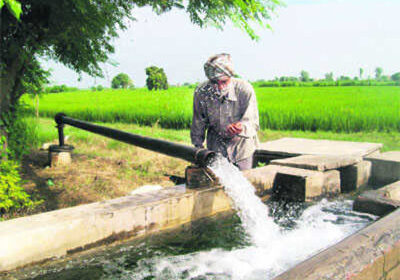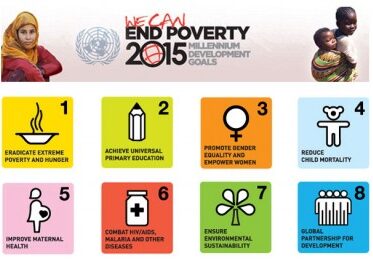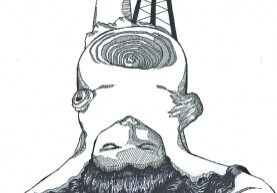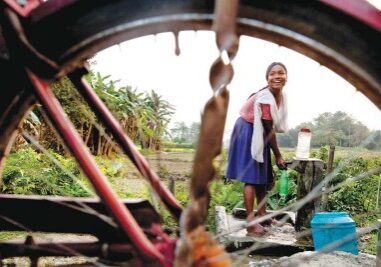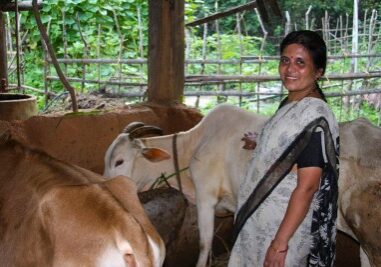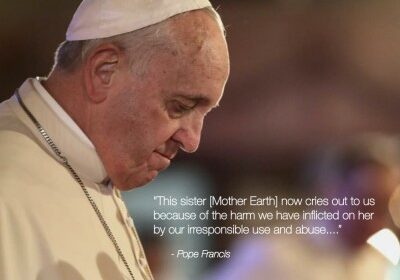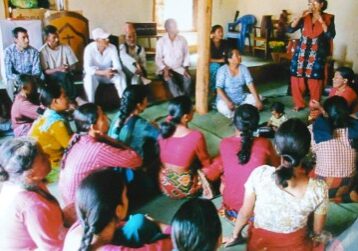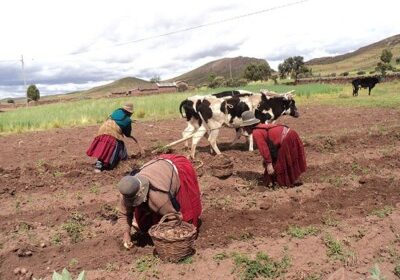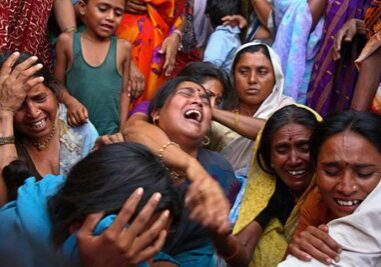- All
- Updates
- WEA Voices
- In the News
NASA Sheds New Light on India’s Water Crisis
A recent National Aeronautics and Space Administration’s (NASA) report says that the groundwater throughout India has been disappearing, owing to the rate that water is being pumped out and consumed, which is faster than aquifers can be replenished through rainwater. The report also says that Punjab, Haryana and Rajasthan, all farming states in the northern…
A Gendered Perspective: Reflections on the MDG and the potential of the SDG
By: Katie Douglas, WEA Intern A woman closes the door behind her and sets off into the early light of dawn. It’s the pre-monsoon season in India, and the air is thick with heat as she walks to her small kitchen garden. What began as a grant of seeds, has transformed into fertile beds of…
Everything Connnected to the Land is Connected to our Bodies
The links between land and body have never been more apparent than in recent years, with extractive industries drilling, mining and fracking lands on or near traditional Indigenous territories, providing economic benefits to transnational corporations and national economies at a cost impacted communities are still grappling to understand. A cost most deeply felt by Indigenous…
Teaching Girls to Farm in West Bengal
In West Bengal, India, 1 in 5 girls is married by age 15. However, a nonprofit based in Seattle, Landesa, is focused on securing land rights for impoverished families all over the world and has found a key to ensuring girls are able to help bring their families out of poverty and learn valuable skills through gardening.…
Sowing Seeds, Supporting Women Farmers in India
By: Katie Douglas, WEA Intern “Seeds have no caste, creed, religion, or gender. They are universal and secular. We nurture this sentiment strongly in our work with various communities,” says Manorama Joshi, a farmer in the Malnad region of Karnataka, India. A mother and wife, Manorama has also gone on to become the spirit of…
Pope Francis’ Encyclical: A Message of Hope for the Earth, but Where are the Women?
By: Katie Douglas, WEA Intern “Laudato Si” or “Praised Be to You”, Pope Francis’ recently released environmental encyclical, details how the collective actions of people are responsible for the irreversible degradation of our Earth. Subtitled “Care for Our Common Home”, the encyclical speaks boldly to the need for change to the structural injustices that drive…
Meet Our Summer Intern!
We love summer for so many reasons. It’s the time of year when seeds planted in the spring blossom, bloom and grow strong, and it’s a time to prepare for the warm gatherings and occasions for sharing that seem to characterize the fall. At WEA, the summer is when we tend partnerships, plan for celebrations…
Building Solidarity Around Resource Management for Women
By: Katie Douglas, WEA Intern For Nanu Ghatani of the Lalitpur District in Nepal, staying silent in the face of injustice and oppression was never an option. Nanu’s strength, courage and determination was first tested when she moved villages to be married at the age of 14. She soon learned that she was not permitted…
Behind Bolivia’s Ambitious Agriculture Goals
Since Evo Morales – the first Indigenous president to rule a majority Indigenous country – took office in 2006, there have been major changes to the government operation of Bolivia, including an overhaul of the constitution in 2009. However, his efforts to help Indigenous and impoverished communities by increasing access to food and land for more…
When Weather Turns Unfavorable, Farmers Lose Hope
According to a report by Al Jazeera, “agricultural investment in India is a big gamble. Farmers usually take out bank loans against land to buy seeds and fertiliser, pay salaries, and acquire irrigation equipment.” However, unforeseen and unwelcome weather patterns can strike at any time, and with less than 20% of Indian farmers insured, this…

